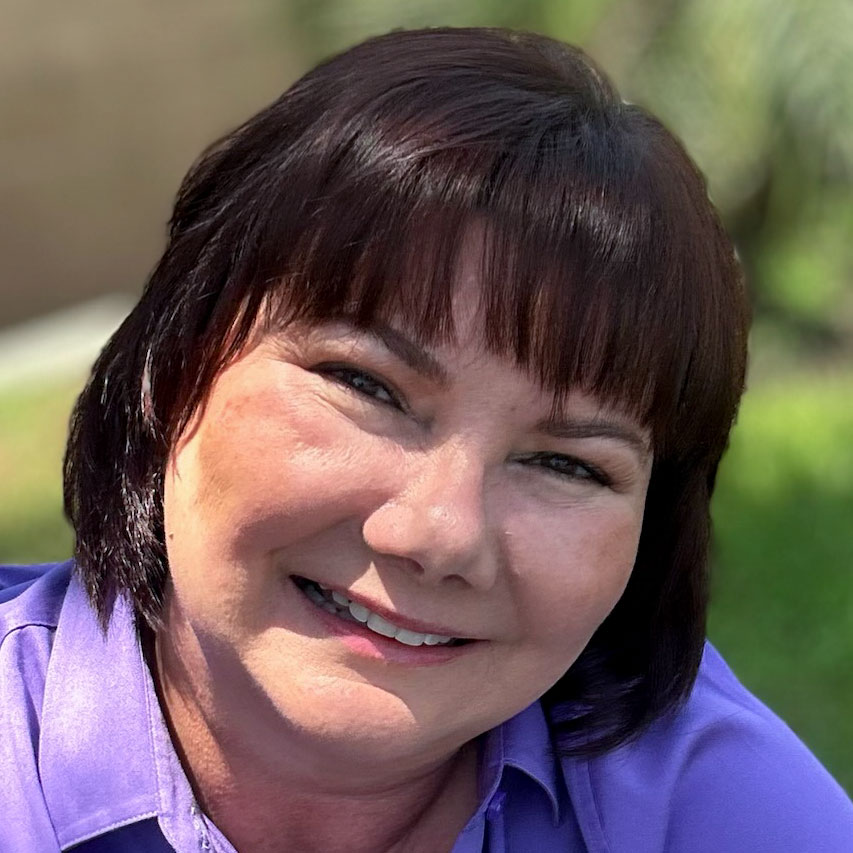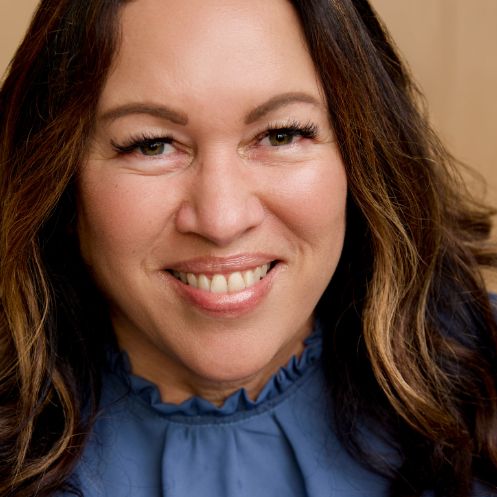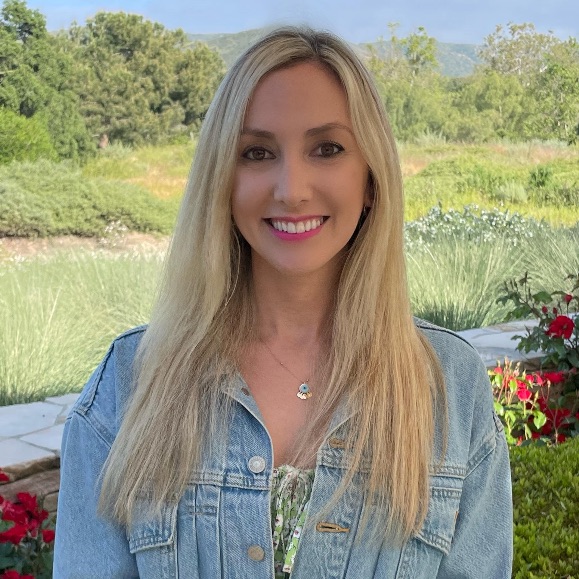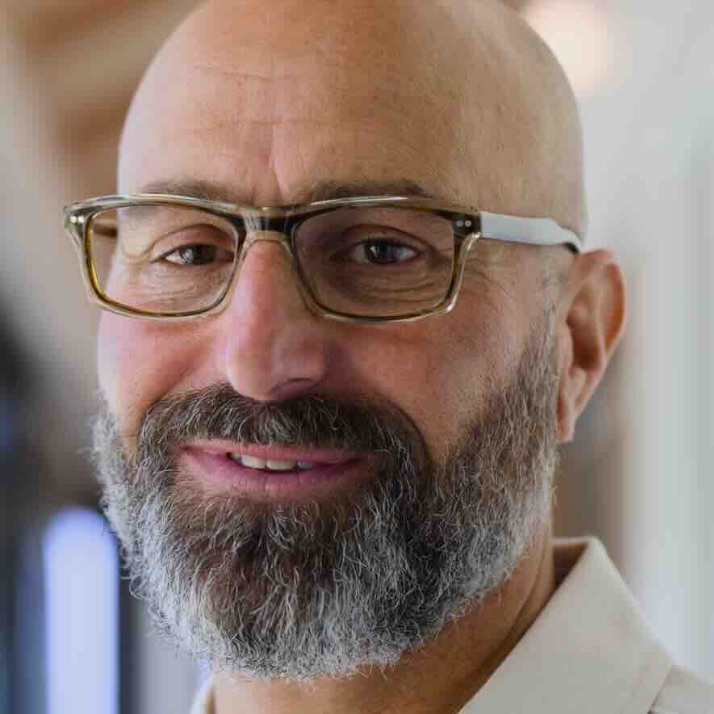How to Get Help for Grief in San Jose
If you’re navigating Grief in San Jose and aren’t sure where to begin, MiResource can help you take the first step with confidence. Our trusted, easy-to-use directory connects you with vetted therapists in San Jose who specialize in grief, loss, and bereavement—so you can find someone who truly understands. Filter by insurance, cost, language, identity focus, and appointment availability to remove common barriers and get care that fits your life. Browse clear profiles, compare options, and reach out directly—no guessing, no endless searches. You don’t have to do this alone. Start now with MiResource to find the right therapist for your needs and begin healing at your own pace.
Finding Licensed Grief Therapists in Your State
Choosing a therapist licensed to practice in your state ensures they can legally provide telehealth and that sessions are more likely to qualify for insurance reimbursement. MiResource lets you filter grief therapists by state-specific licensure to find the right match, including in San Jose. All listed professionals are vetted, qualified, and legally able to provide care.
San Jose’s diverse communities—Spanish-, Vietnamese-, Chinese-, and Tagalog-speaking households; multigenerational families in Alum Rock/East San José; faith and cultural hubs in Japantown and Little Saigon—shape how people talk about grief and seek support. In-person therapy here can pair with grounding walks at the Municipal Rose Garden or Alum Rock Park, and many clinicians near Downtown, Willow Glen (Lincoln Ave), and Santana Row offer flexible hours to avoid 101/280/880/87 rush-hour congestion. Parking is generally easier in Willow Glen and Berryessa neighborhood offices (2-hour street parking), while Downtown garages near San Pedro Square often validate; VTA Light Rail and bus lines plus Caltrain/Amtrak at Diridon Station make car-free access realistic.
Local, reputable grief resources include the Bill Wilson Center’s Center for Living with Dying for individual and group support , Kara’s Bay Area grief programs and peer groups, with services accessible to South Bay residents , and Pathways’ free community bereavement support in nearby Sunnyvale with virtual and in-person options . County-led options include Santa Clara County Behavioral Health Services’ trauma and grief resources and referrals , while hospital and hospice-based groups such as Sutter Care at Home bereavement and VITAS grief services serve San Jose families. Survivors of suicide loss can find peer-led groups via Friends for Survival . Many programs offer multilingual services; ask about Spanish or Vietnamese groups and sliding-scale fees.
What You Need to Know About Grief
Grief is the deep sadness and mix of emotions we feel after a loss, like a death, breakup, or major change. It can affect sleep, focus, energy, and relationships, making daily tasks harder, and it’s okay to seek support in San Jose as you heal.
Common Signs and Symptoms of Grief
Grief is a natural response to loss. It can affect your emotions, thoughts, body, and daily life. You may notice some, many, or changing signs over time.
- Emotions: deep sadness, crying, loneliness, longing, shock or numbness, irritability or anger, guilt or regret, relief (especially after a long illness), anxiety or worry
- Thoughts: disbelief, preoccupation with the person or loss, intrusive memories, difficulty concentrating, forgetfulness, feeling “in a fog,” questioning “why” or “what if”
- Body: fatigue or low energy, headaches or body aches, tightness in the chest or throat, upset stomach or nausea, changes in appetite, trouble sleeping or oversleeping, restlessness
- Behaviors: withdrawing from others or social activities, seeking more time alone, avoiding reminders—or repeatedly seeking them out, changes in routines, tearfulness, pacing, difficulty getting tasks done
- Feelings about identity and meaning: feeling disconnected or “not yourself,” changes in faith or spirituality, searching for purpose or meaning
- Social changes: feeling misunderstood, needing extra support, conflict or distance in relationships
- Patterns over time: waves of grief that come and go, triggers around anniversaries, holidays, or places in San Jose that hold memories
Grief looks different for everyone and there’s no “right” timeline. If these feelings feel overwhelming, last a long time, or make it hard to function day to day, consider reaching out to supportive friends, local community resources, or a counselor in San Jose. If you’re concerned about your safety or someone else’s, call or text 988 for immediate support.
Causes and Risk Factors for Grief
Grief often follows many kinds of loss, such as the death of a loved one, a breakup, changes in health, moving away, job loss, or community crises. How someone experiences grief can be shaped by biology (like how our bodies react to stress), personal history and coping styles, and the support and beliefs we grew up with. Environmental pressures in San Jose—such as high housing costs, job and school stress, wildfire seasons, and feeling isolated in a busy city—can add to the weight of grief. Grief is a complex, human experience with many causes and influences; it isn’t a personal failing.
How Grief Can Affect Daily Life
Grief can make it hard to connect with others, leading to pulling away from friends or feeling irritable with family, which can strain relationships. At work or school, it may be tough to focus, meet deadlines, or remember tasks—like rereading the same email over and over or skipping class because everything feels overwhelming. Everyday routines can feel exhausting, affecting sleep, appetite, and motivation, which lowers your overall quality of life. Many people in San Jose find that even simple errands or social plans feel like too much while they’re grieving, and that’s a normal part of the process.
Treatment and Support Options for Grief
Evidence-based treatments for grief include grief-focused cognitive behavioral therapy, Complicated/Prolonged Grief Therapy, ACT, interpersonal therapy, EMDR when trauma is involved, and time-limited grief counseling; medication may help with co-occurring depression, anxiety, or sleep problems. Support options include individual or family therapy, peer and bereavement groups (hospice programs, community centers, faith communities), and workplace or school counseling. Self-help strategies—structured routines, exercise, sleep hygiene, mindfulness/meditation, journaling, expressive arts, continuing bonds/rituals, and gradual exposure to avoided reminders—can reduce distress and build resilience. Resources: find-therapist directories (MiResource), grief groups (GriefShare, local hospice), child/teen supports (Dougy Center), education sites (What’s Your Grief, Modern Loss), and 24/7 help if in crisis (988 Lifeline in the U.S.; SAMHSA Helpline 1-800-662-HELP).
Frequently Asked Questions
1) What is Grief and how is it diagnosed?
Grief is a natural response to losing someone or something important, bringing waves of sadness, longing, and changes in sleep, appetite, and concentration. Most Grief does not require a diagnosis, but when symptoms remain very intense for months and disrupt daily life, a clinician may assess for Prolonged Grief Disorder. Diagnosis involves a compassionate interview about your loss, symptoms, duration, and impact, and may include brief questionnaires. Licensed mental health professionals, psychologists, psychiatrists, and primary care doctors in San Jose can make this diagnosis and discuss care options.
2) Who is most likely to experience Grief?
Anyone can experience Grief, regardless of age, culture, or background. Certain situations can increase vulnerability, such as a sudden or traumatic loss, losing a child or partner, multiple recent losses, limited support, or a history of depression, anxiety, or trauma. Cultural or religious factors can also shape how Grief is felt and expressed. Even with risk factors, people in San Jose can and do find support and healing.
3) How common is Grief?
Grief is a universal human experience—most people will face it at some point. Many adjust over time with support, while an estimated 7–10% of bereaved adults may experience Prolonged Grief Disorder, where symptoms remain intense and persistent. Knowing this is common can be reassuring: you are not alone. In San Jose, there are many resources to help you navigate this process.
4) Can Grief be prevented?
Grief itself can’t be prevented, because it’s a normal response to loss. What can help is reducing the risk of complications: building supportive relationships, maintaining routines, sleeping well, exercising, and practicing coping skills like journaling or mindfulness. Early support after a loss—such as counseling, peer groups, or spiritual care—can be protective. People in San Jose can access local grief education, hospice bereavement services, and therapy to foster resilience.
5) What should I do if I think I have Grief?
Start by acknowledging your Grief and giving yourself permission to seek support. Consider reaching out to a licensed therapist in San Jose who specializes in grief therapy, or talk with your primary care provider about options. Use MiResource to find vetted local clinicians, support groups, sliding-scale clinics, and culturally responsive care. If you’re in immediate crisis or having thoughts of harming yourself, call or text 988 for the Suicide & Crisis Lifeline, available 24/7.
6) How can I talk to others about my Grief?
Choose someone you trust and share at your own pace, using simple statements like, “I’m having a hard time with my Grief right now.” Let people know what helps—specific tasks, company, or quiet—and set boundaries if advice or questions feel overwhelming. Written messages can be easier if talking is hard, and you can ask for flexibility at work or school in San Jose. It’s okay to revisit the conversation as your needs change and to seek support from a therapist or group through MiResource.













